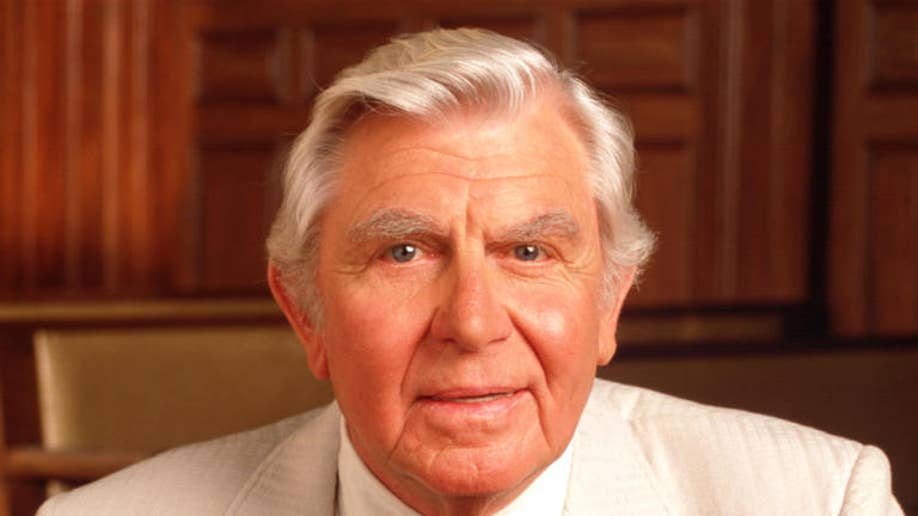


For other life-limiting illnesses, the following are signs that you may want to talk to your loved one about hospice and palliative care, rather than curative care options:

These stages can provide general guidelines for understanding the progression of Alzheimer’s symptoms and planning appropriate care. In the case of Alzheimer’s disease or another dementia, your loved one’s doctor likely provided you with information on stages in the diagnosis. There isn’t a single specific point in an illness when end-of-life care begins it very much depends on the individual and the progression of their illness. When is it time for late-stage and end-of-life care? While late stage caregiving can be an extremely painful time, having this opportunity to say goodbye can also be a gift to help you come to terms with your loss and make the transition from nursing and grief towards acceptance and healing. Late-stage care is also a time for saying goodbye to your loved one, to resolve any differences, forgive any grudges, and to express your love. That can range from practical support for end-of-life care and financial and legal arrangements, to emotional support to help you come to terms with all the difficult feelings you’re experiencing as you face up to the loss of your loved one. Whatever you’re experiencing, it’s important to recognize that late stage caregiving requires plenty of support. You may experience a range of distressing and conflicting emotions, such as sorrow and anxiety, anger and denial, or even relief that your loved one’s struggle is at an end, or guilt that you’ve somehow failed as their caregiver. Simple acts of daily care are often combined with complex end-of-life decisions and painful feelings of grief and loss. Hospice care can also offer emotional and spiritual support to both the patient and their family.Įven with years of experience, caregivers often find this final stage of the caregiving journey uniquely challenging. During this time, palliative care measures can help to control pain and other symptoms, such as constipation, nausea, or shortness of breath. Depending on the nature of the illness and your loved one’s circumstances, this final stage period may last from a matter of weeks or months to several years. At this point, the focus usually changes to making them as comfortable as possible in order to make the most of the time they have left. In the final stages of a terminal illness, it can become evident that in spite of the best care, attention, and treatment, your loved one is approaching the end of their life. This caregiver’s guide can help you provide comfort, deal with grief, and make final decisions. End of life Late Stage and End-of-Life Care The final stages of a terminal illness can be a highly challenging, emotional time.


 0 kommentar(er)
0 kommentar(er)
